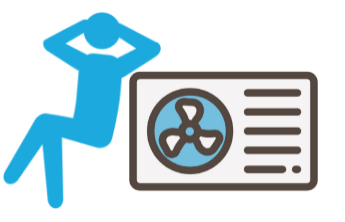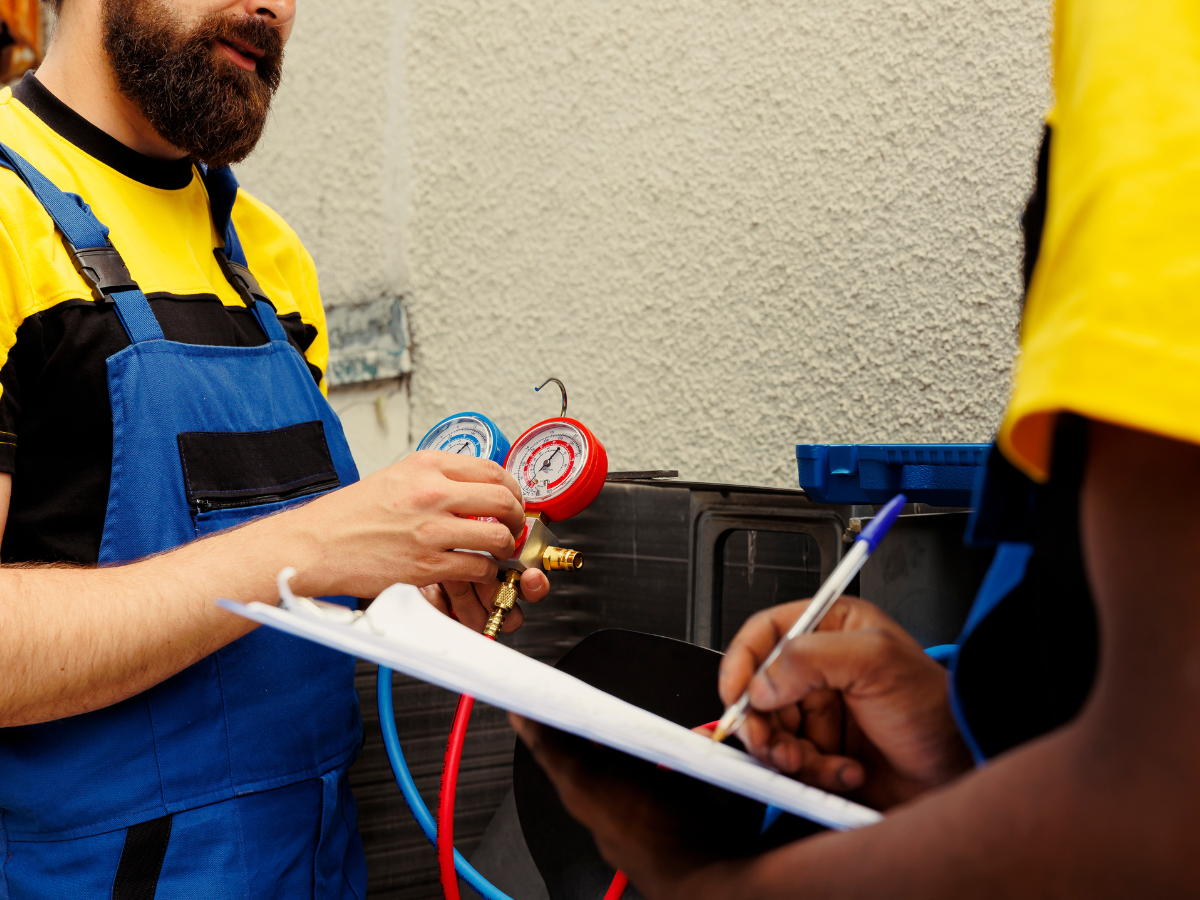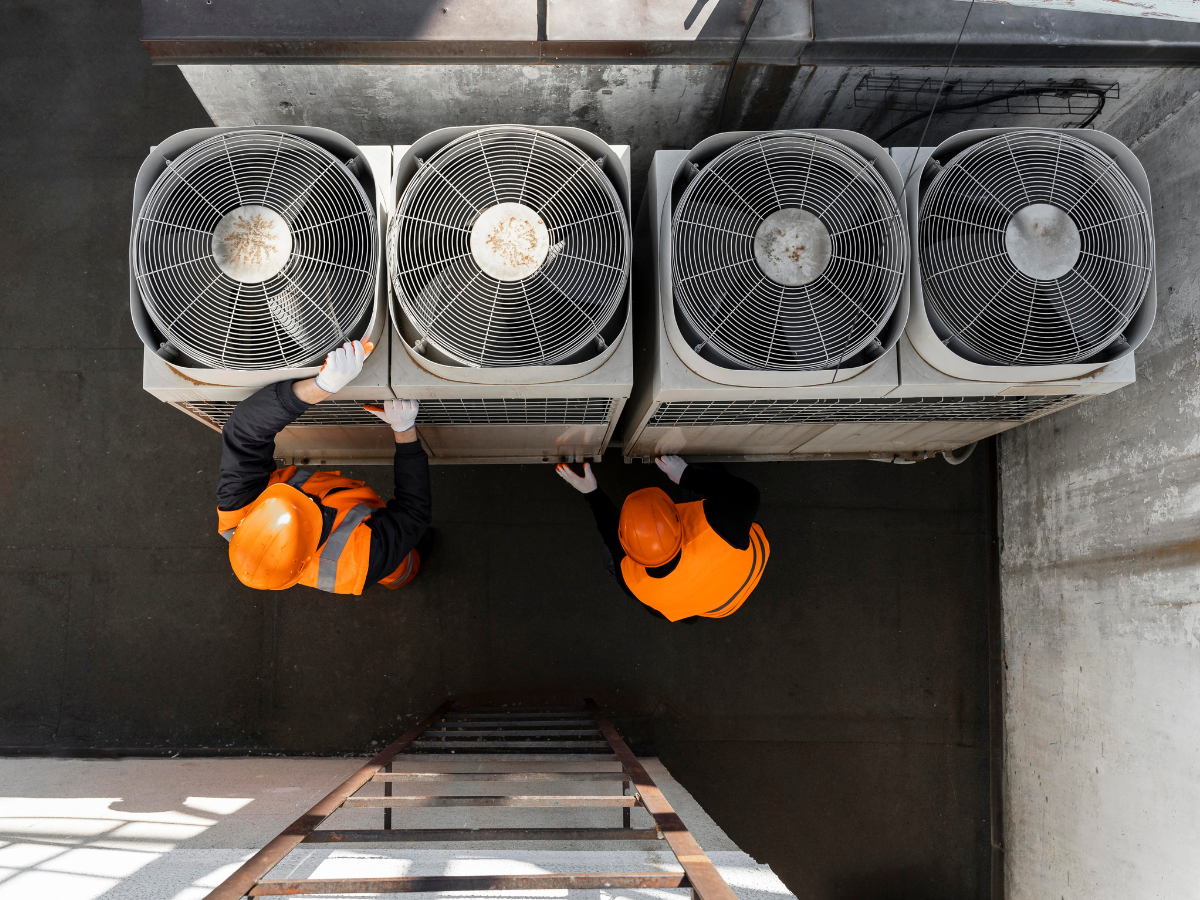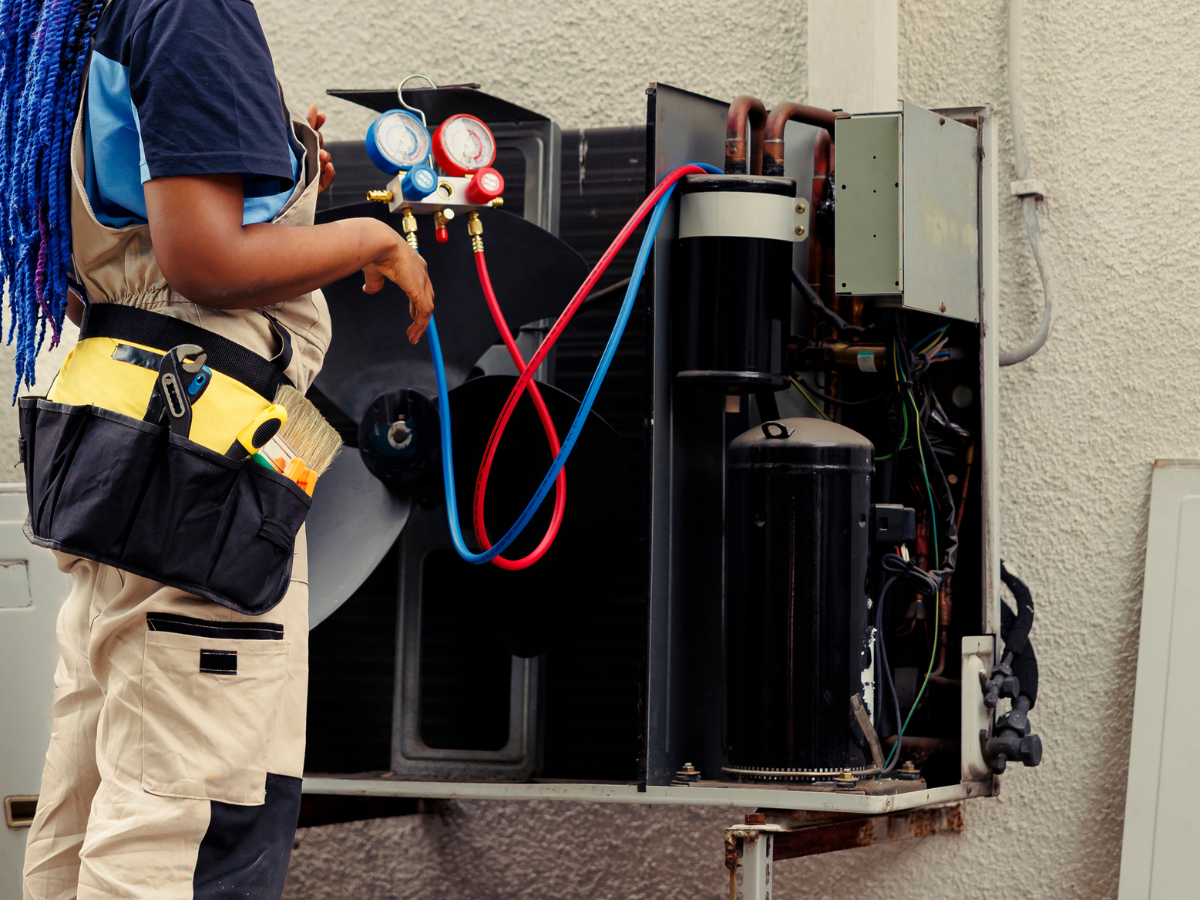How Ductless Air Conditioner Improves Quality and Comfort
When it comes to creating a comfortable indoor environment, heating, ventilation, and air conditioning (HVAC) systems play a vital role. Among the various options available, ductless air conditioner, also known as mini-split systems, stand out for their efficiency and versatility. These systems, which consist of an outdoor compressor unit paired with one or more indoor air handling units, allow for targeted cooling and heating without extensive ductwork. This setup not only enhances comfort but also leads to significant energy savings, making air conditioners an increasingly popular choice for homeowners and businesses looking for cost-effective solutions.
Air conditioners provide numerous benefits that go beyond simple temperature control. Through zoning capabilities, they offer improved air quality, efficient humidity management, and personalized comfort. By using advanced filtration systems, these units effectively capture dust, pollen, and other allergens, ensuring that the air circulating in your home or office is clean and fresh. Whether you're looking to upgrade your existing HVAC system or install a new one, present a compelling solution for enhancing the quality and comfort of your indoor environment.
Understanding Ductless Air Conditioning
Consist of an outdoor compressor unit and one or more indoor air handling units. Unlike traditional HVAC systems that require extensive ductwork, ductless systems operate independently, allowing for targeted cooling and heating in specific areas. This setup not only enhances comfort but also leads to significant energy savings.
Benefits of Ductless Air Conditioners
- Energy Efficiency
air conditioners are designed to be highly energy-efficient. They typically use inverter technology, which allows the system to adjust its cooling or heating output based on the specific needs of the space. This means less energy waste and lower utility bills, making them an eco-friendly choice for homeowners and business owners alike. - Flexible Installation
One of the most significant advantages of ductless systems is their flexible installation options. Without the need for ductwork, these units can be installed in various configurations to suit the layout of any building. This versatility makes them ideal for retrofitting older homes or for buildings where traditional duct systems are impractical. - Zoning Capabilities
Ductless air conditioners offer zoning capabilities, allowing users to control the temperature in different areas of a home or office independently. This means you can cool or heat only the rooms that are in use, providing personalized comfort and reducing energy consumption in unoccupied spaces.
Enhancing Indoor Air Quality
Improved Air Filtration
Ductless air conditioners come equipped with advanced air filtration systems that significantly improve indoor air quality. These filters can capture dust, pollen, pet dander, and other allergens, ensuring that the air circulating within your home or office is clean and fresh. Regular filter maintenance can further enhance this benefit, helping to reduce respiratory issues and allergic reactions among occupants.
Reduced Humidity Levels
Another way ductless air conditioners contribute to comfort is through their ability to control humidity levels effectively. High humidity can make indoor spaces feel uncomfortable and sticky, leading to a less enjoyable environment. Ductless systems can dehumidify the air as they cool it, creating a more comfortable atmosphere and preventing mold and mildew growth.
Ventilation and Fresh Air Intake
Ductless air conditioning systems can be integrated with ventilation systems to bring in fresh air from outside. This is particularly beneficial in densely populated areas where indoor air can become stale. By ensuring a constant supply of fresh air, ductless systems help maintain a healthy indoor environment.
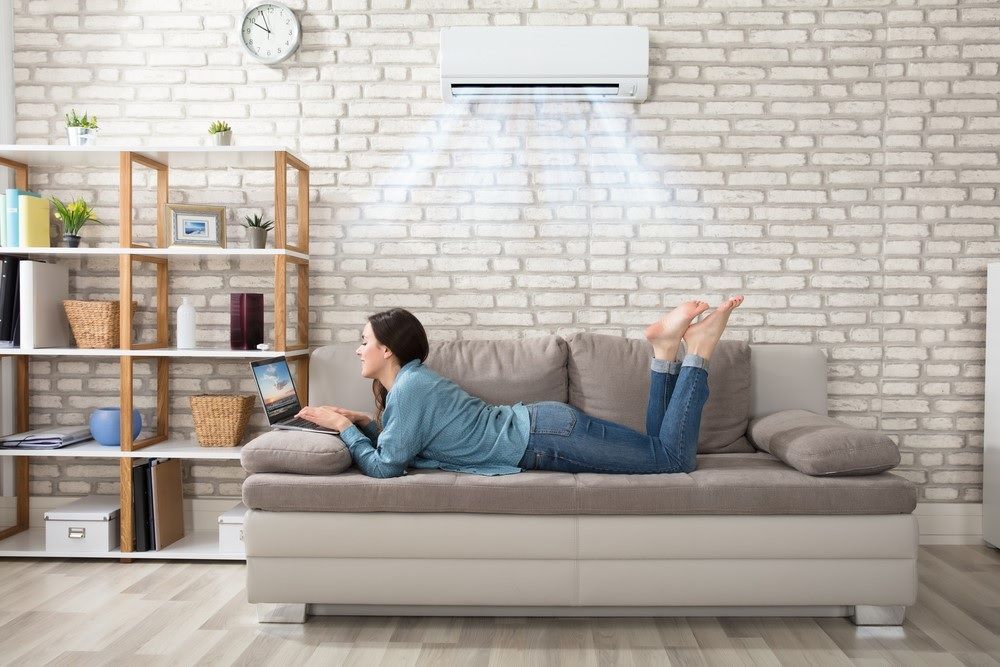
Comfort in Every Season
Heating Capabilities
While ductless air conditioners are primarily known for their cooling abilities, they also provide efficient heating options. Many models come with a heat pump function, which can extract heat from the outdoor air and transfer it indoors during the colder months. This versatility ensures year-round comfort, regardless of the season.
Quiet Operation
Ductless air conditioner are designed to operate quietly, making them ideal for bedrooms, offices, and other spaces where noise can be a distraction. The outdoor unit houses the compressor, while the indoor units function with minimal noise, allowing occupants to enjoy a peaceful environment.
Cost-Effective Comfort
Lower Energy Bills
- Investing in a ductless system can lead to significant savings on energy bills.
- Highly efficient and allows for zoning, which helps maintain comfort without overspending.
Maintenance and Longevity
- Require less maintenance than traditional HVAC systems.
- Fewer mechanical parts and no ducts to clean, leading to a more straightforward maintenance routine.
- Properly maintained ductless systems have a longer lifespan, providing reliable service.
Environmental Impact
Eco-Friendly Refrigerants
Modern ductless air conditioners often utilize environmentally friendly refrigerants with lower global warming potential. This commitment to sustainability aligns with the growing demand for energy-efficient appliances and supports broader efforts to combat climate change. By choosing a ductless system, homeowners can contribute to a greener planet.
Reduced Carbon Footprint
The energy efficiency of ductless systems means that they consume less power, resulting in a reduced carbon footprint. As more individuals and businesses make the switch to eco-friendly cooling and heating options, the cumulative effect can lead to significant environmental benefits.
Choosing the Right Ductless Air Conditioner
Factors to Consider
When considering a ductless air conditioning system, several factors should be taken into account:
- Size and Capacity: Ensure that the system is appropriately sized for your space. An HVAC technician can help determine the necessary BTU (British Thermal Unit) rating based on factors such as room size, insulation, and usage patterns.
- Number of Zones: Evaluate how many zones you need to cool or heat. This will determine how many indoor units you need and their placement throughout your home or office.
- Energy Efficiency Ratings: Look for systems with high SEER ratings for cooling and HSPF (Heating Seasonal Performance Factor) ratings for heating to ensure energy efficiency.
- Installation Costs: Obtain quotes from multiple contractors to find a reputable installer. Proper installation is crucial for the optimal performance of your ductless system.
- Smart Features: Consider models with advanced controls and smart features that allow for easy temperature management and monitoring.
Professional Installation and Maintenance
While ductless systems are designed for flexible installation, professional assistance is highly recommended. Proper installation ensures optimal performance and longevity, and HVAC professionals can assess your specific needs to recommend the best system for your space. Regular maintenance is also essential; many companies offer service plans that include routine check-ups, ensuring your system remains efficient and effective over time.
Conclusion
In conclusion, ductless air conditioners provide a multitude of benefits that enhance both the quality of indoor air and the overall comfort of living and working spaces. From their energy efficiency and flexible installation options to their advanced air filtration and zoning capabilities, these systems offer an effective solution for anyone looking to improve their indoor environment. As we continue to prioritize sustainability and comfort, ductless air conditioners stand out as a leading choice in the HVAC market.
For those considering air conditioner installation, consulting with an HVAC technician from Comfort Zone HVAC in Bellingham, WA, can help determine the best ductless solution for your specific needs. As we continue to prioritize sustainability and comfort, ductless air conditioners stand out as a leading choice in the HVAC market. Investing in a ductless air conditioning system not only elevates the comfort of your space but also contributes to better air quality and energy savings—making it a smart choice for homeowners and businesses alike.
